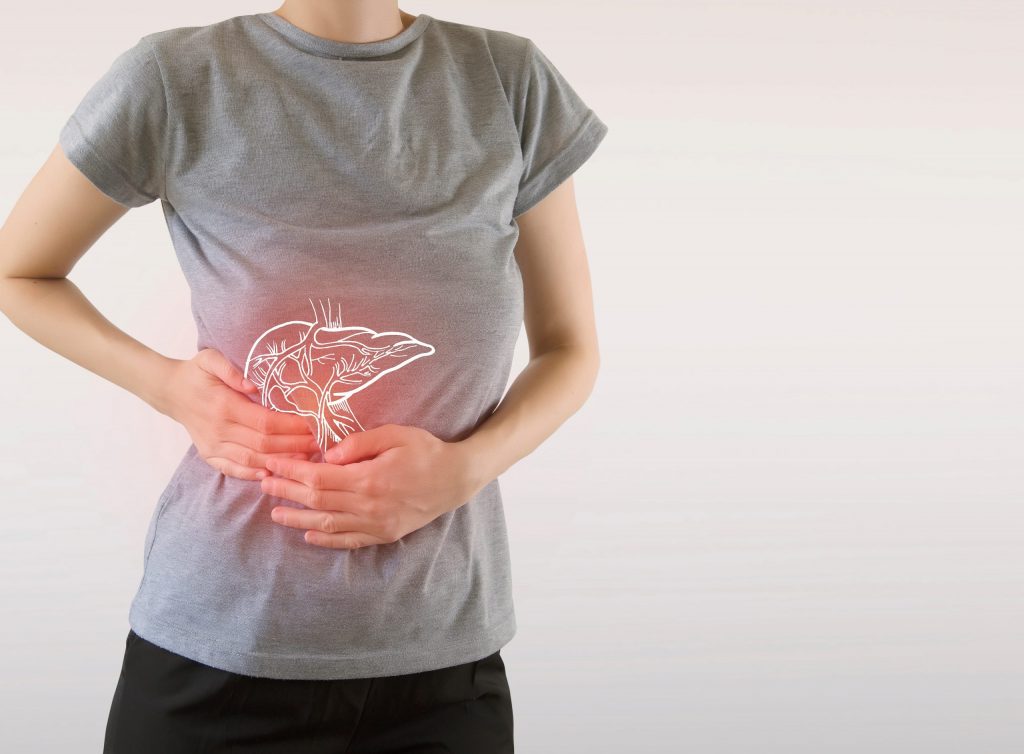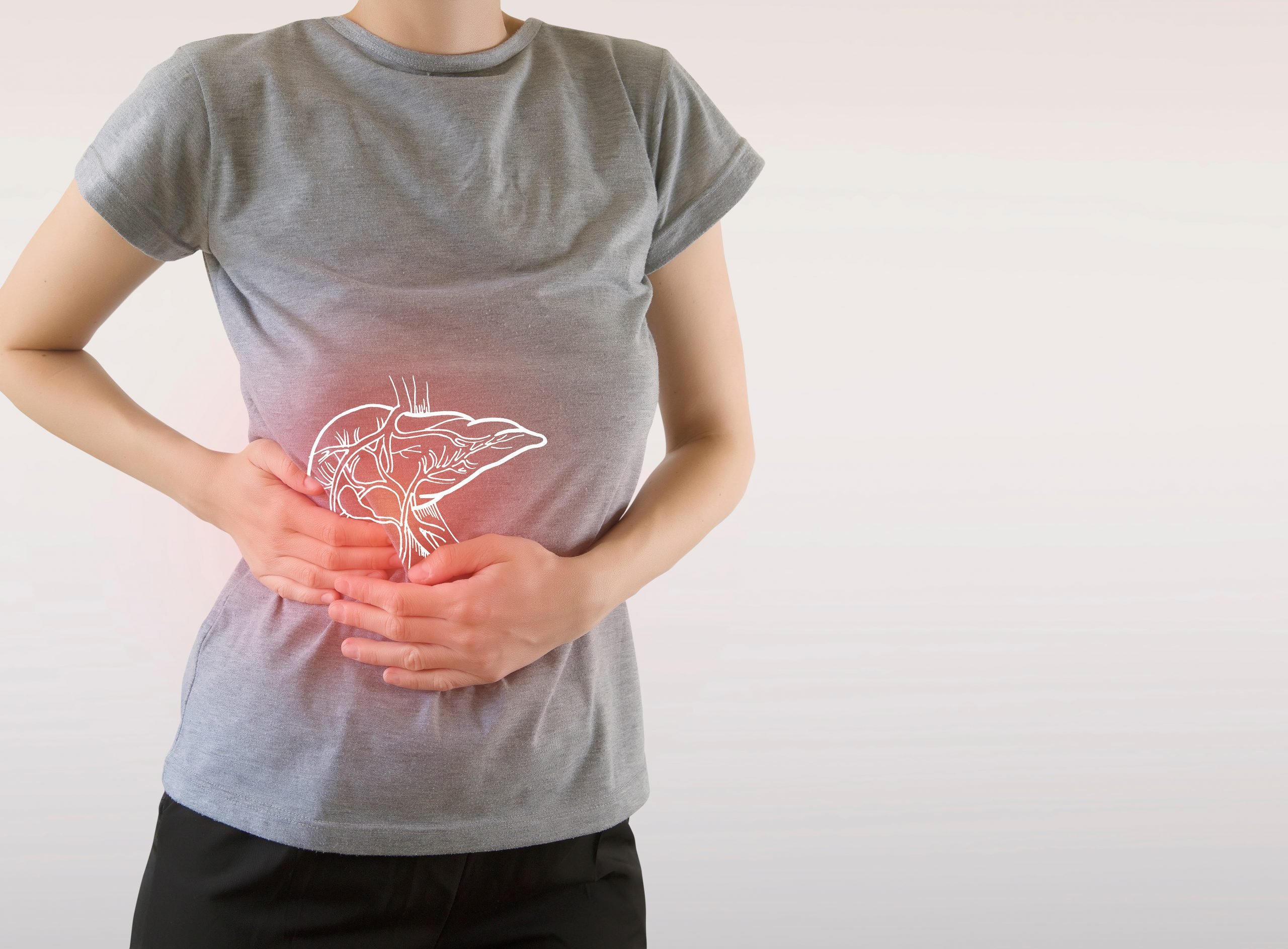
Experts don’t currently have enough evidence to determine how dangerous the severe acute respiratory syndrome coronavirus 2 (SARS-CoV-2) is for those who have liver disease. They do believe, however, that people who have a pre-existing disease like liver disease are at a higher risk of COVID-19 sickness and death. COVID-19 is a novel disease for which no treatment has been established as of now. If you or a loved one has a liver problem or has had a liver transplant, you may be quite concerned about the effects of this terrible virus. Whether or not you have a liver condition, you must look after your liver, which is the largest and heaviest internal organ in the body.
One of liver diseases out there is fatty liver disease. You can prevent this illness by taking medicine for fatty liver malaysia before or at the early stages of the said illness.
One of the most important things you can do for your overall health is to keep your liver in good shape. While working from home during the pandemic, here are some practical and simple strategies to keep your liver healthy:
A well-balanced diet
A well-balanced diet is important because boredom often leads to overeating. When you’re stressed, you grab for ‘comfort’ foods. The consumption of oily food increases as the evenings at home grow longer. Replace a share of fries or a burger with a bowl of carrots and veggies the next time you have a grease desire. Most of these are simple to prepare and give adequate nutrition while avoiding high cholesterol levels, which can lead to fatty liver disease.
Include foods that are good for your liver in your diet
Grapefruit, beets, cabbage, avocados, and garlic are just a few foods that have beneficial effects on the liver. To lower the risk of liver disorders, try to incorporate them into your daily diet.
Moderate alcohol consumption: While we all like unwinding with a drink at the end of a tough workday, it’s important to keep track of how much alcohol you consume. The liver is the essential organ in your body for ‘managing’ alcohol, and it can only discharge a specific quantity of alcohol per hour. Excess alcohol in the body can cause inflammation, which can lead to scarring (cirrhosis).
Physical activity
One of the disadvantages of working from home is the lack of motivation to exercise. This means that the excess fat is stored, putting a strain on the liver. Try walking while working on a zoom meeting or a long-distance conversation the next time you’re on one. This risk can be greatly reduced by doing at least 2 hours of brisk walking every week.
Be cautious when taking OTC medications
During the pandemic, the anxiety of going out and seeing a doctor has intensified the trend of ‘self-prescription.’ Because of the unpredictability of work hours and the increased stress, many people turn to over-the-counter medications on a regular basis. While these medicines are generally safe when used as directed and in controlled doses, they can have an adverse effect on the liver if taken on a frequent basis. If you take any of these medications on a regular basis, call your doctor.
Last but not least
In a time when we are all dealing with a health crisis, it is critical that we all take the required safeguards to protect our health. The liver is an organ that is frequently overlooked since few people are aware of its importance in the digestive system. By the time we notice the symptoms, liver disease has usually progressed to the point that significant medical treatment is required. As a result, as we all continue to work from home for a few more months, let’s take these precautions to safeguard the liver.
